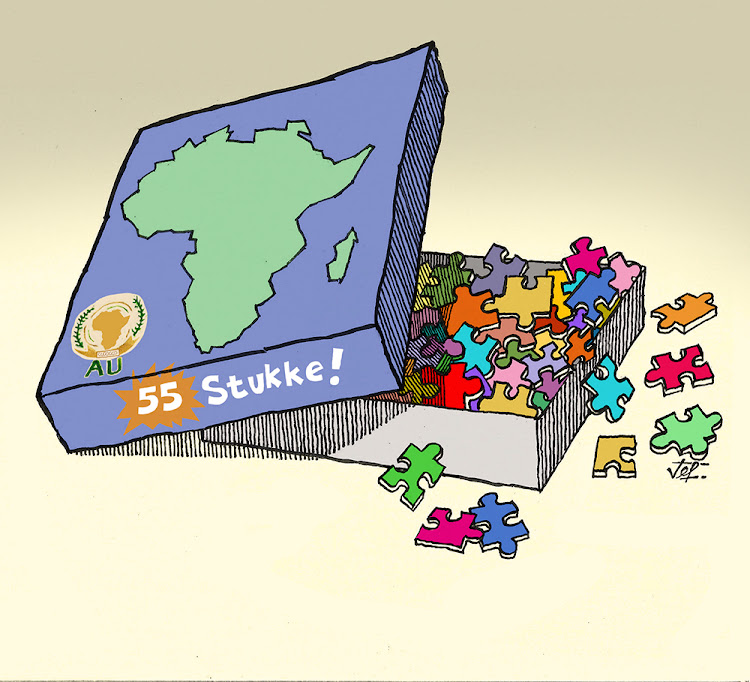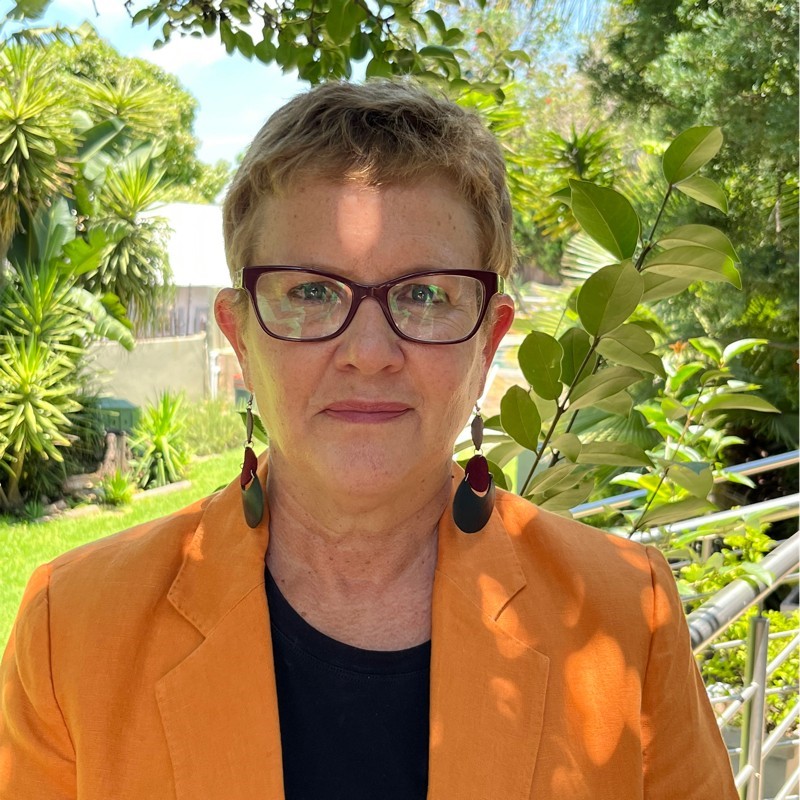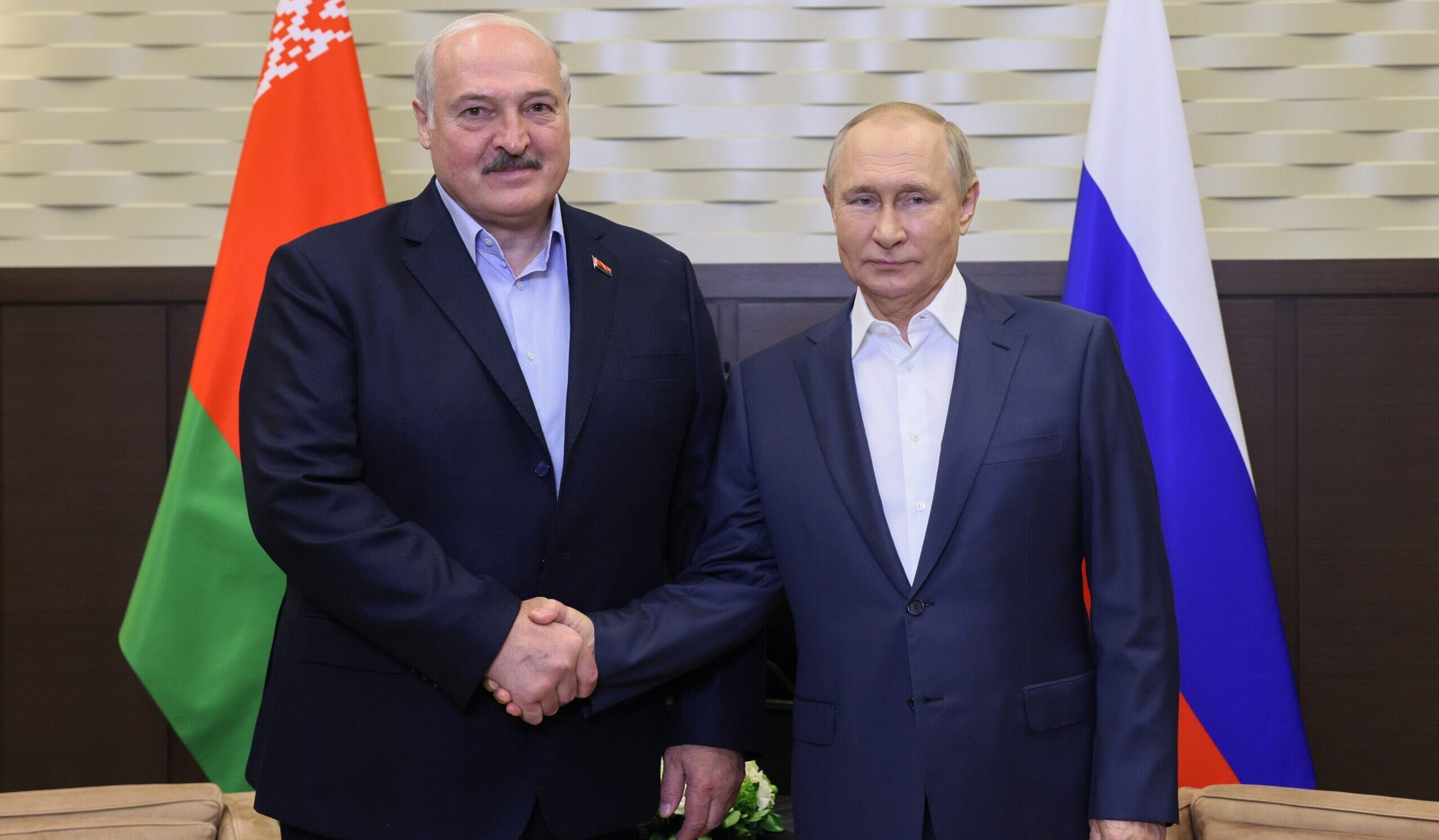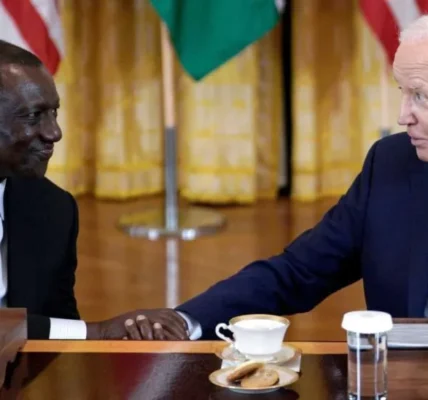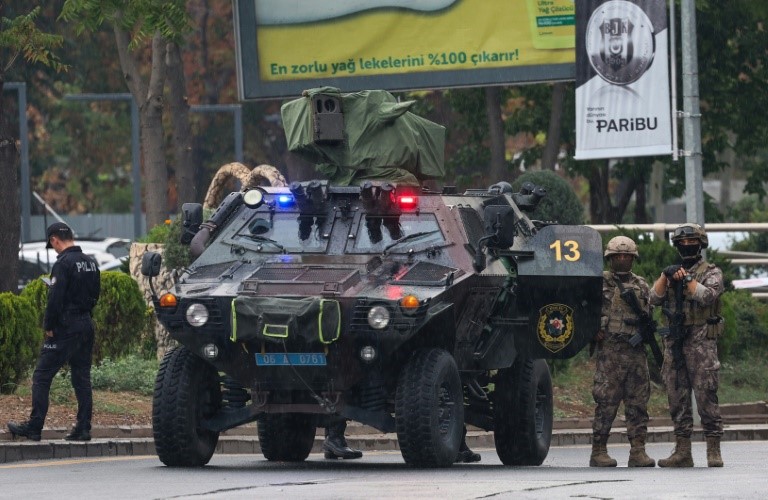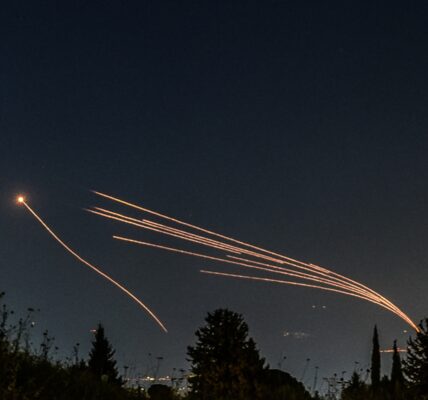Twenty years after its founding, the African Union faces severe headwinds – everything from personnel problems to the organisation’s ability to find lasting solutions to continental conflicts, writes LIESL LOUW-VAUDRAN.
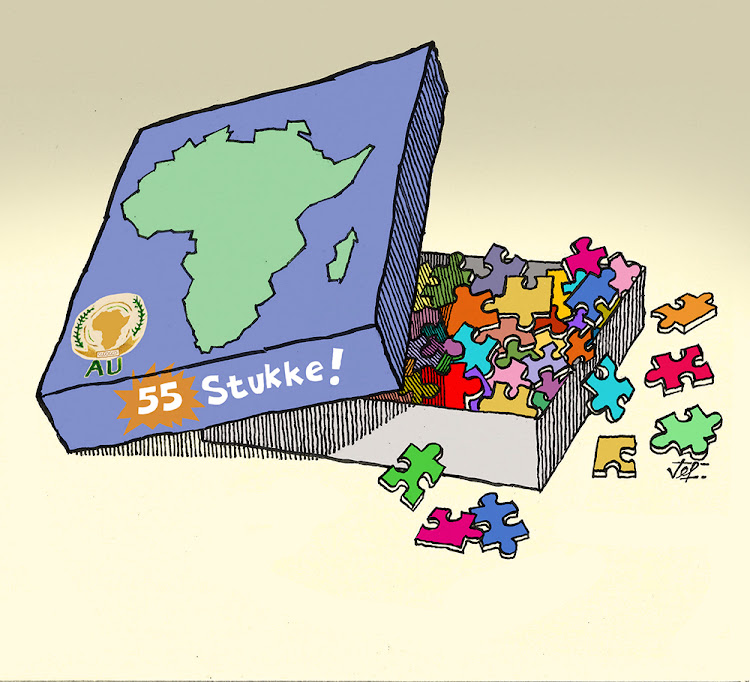
A YEAR after the first shots were fired in the war in Ukraine, global geopolitics look very different. New power blocs are emerging and there is increasing pressure on organisations such as the African Union (AU) to lift their game.
The organisation must better represent the continent and do more to resolve crises and conflicts on its own. After all, the AU – which turned 20 last year – is the only institution of its kind on the continent. And the war in Europe means Western countries’ focus is elsewhere.
Can the AU and its commission in Addis Ababa finally become financially independent? More than 66% of its budget for 2023 is still contributed by foreign “partners”, mainly in Europe.
It is becoming increasingly clear that the war in Ukraine will not only turn off the taps when it comes to aid to Africa, but that the crisis – combined with the aftermath of Covid – will deal a huge blow to some African economies. The continent will quickly have to become self-reliant.
Can the AU ensure that Africa resolves its own conflicts and lives up to the mantra of “African solutions for African problems”? It is a difficult task, but not impossible. A lot of work has been done in the last few years to create a more efficient organisation.
But the AU cannot tackle all the continent’s problems at once. In 2023, countries that could benefit from its intervention include Libya, Ethiopia, the Central African Republic, Chad, Sudan, and the Democratic Republic of the Congo (DRC). The dispute over the Great Ethiopian Renaissance Dam, the Ethiopian hydropower plant on the Nile, is another priority.
Staffing problems and duplication
First, the commission in Ethiopia needs to get its house in order. This includes sorting out staffing problems – not an easy task with 55 member states, each of which has a quota of employees. In the last two years, efforts have been made to eliminate unnecessary duplication at the AU Commission. The department of peace and security merged with the department of political affairs, for example.
This decision wasn’t only bureaucratic. It was clear the two departments should actually be one. Elections (which fell under political matters) can quickly degenerate into a crisis if parties do not accept the result. Then the men (and a few women) from the peace and security department have their hands full sending mediators, convening meetings of the 15 member states of the peace and security council, or considering intervention if the issue has turned violent.
Last weekend’s election in Nigeria is a good example of where the AU and the new department of political and security affairs can play a role. The organisation sent former Kenyan president Uhuru Kenyatta to lead the observation team. The goal was to ensure that the votes of more than 90-million people are properly counted. A fully democratic Nigeria is an example for the rest of the continent.
More elections are expected in 2023, including in Zimbabwe in July and the DRC in December. The AU will have to send credible and impartial observers. In the past, the organisation has served merely as a rubber stamp to confirm the outgoing head of state’s victory, regardless of how it was achieved.
So make the AU and its team in Addis Ababa more efficient to better help the continent.
Leaders’ summit decisions
At the AU leaders’ summit on February 18 and 19, heads of state made a series of decisions about the crises facing Africa. The Central African Republic, for example, has been torn apart by war for almost a decade; in Libya, no central government has been able to gain a foothold since Muammar Gaddafi was ousted in 2011; in Chad, former president Idriss Déby’s son Mahamat seized power; and in Sudan, civilians refuse to accept that the military continues to rule with an iron hand.
In all these countries, the AU has an opportunity to get involved and ensure peace is restored. It can do this by sending mediators or by supporting United Nations (UN) peace efforts.
One of the AU’s biggest shortcomings is that it does not follow through on its efforts.
A few years ago in the Central African Republic, for example, successful AU mediation led to rebels laying down their arms and agreeing to settle their dispute with the government through dialogue. This brought peace for a short while, then violence flared again and President Faustin-Archange Touadéra called in Russian mercenaries of the Wagner Group. This is a golden opportunity for Russia to gain a new foothold on the continent (Wagner is also deployed in Mali).
Mediation in Ethiopia and Egypt
Important progress was also made in 2020, when South Africa chaired the AU, in efforts to reconcile the Nile Dam conflict between Ethiopia and Egypt. But Egyptians still see the dam as a major threat, and tempers flared again recently. The AU must resume its efforts to facilitate dialogue.
After nearly two years of the organisation hanging its head in shame over its inability to make a dent in the war in Ethiopia, where the AU is based, the organisation finally brokered a ceasefire and peace deal last November. The Pretoria agreement, negotiated under the leadership of former Nigerian president Olusegun Obasanjo, is considered one of the AU’s greatest achievements.
Getting the government of Prime Minister Abiy Ahmed and the Tigray rebels to come to the table in the midst of a war that has cost at least 600,000 lives was almost impossible. Yet Obasanjo succeeded, with the support of Kenyatta and former South African deputy president Phumzile Mlambo-Ngcuka. Mercifully, the ceasefire is holding and civilians in Tigray are finally getting the humanitarian aid they desperately need.
However, as with other crises, there is the risk that an agreement will be signed with great fanfare only to be followed by renewed hostilities because no-one ensures it is implemented.
“War begets war” is a saying that has been proven true so many times. The AU and all those striving for peace should bear this in mind.
Reign of terror in DRC
The saying applies perfectly in the east of the DRC. Dozens of rebel groups are sowing terror, and attempts to formalise mining activity in a region with immense mineral wealth are repeatedly thwarted. The current most serious threat comes from M23 rebels who, according to the UN, are supported by Rwanda. Rwanda disputes this.
The Congolese and President Étienne Tshisekedi have lashed out repeatedly at Rwanda and its president, Paul Kagame, and in an effort to calm the situation the AU peace and security council convened a meeting on February 17 under the leadership of President Cyril Ramaphosa.
The meeting decided to support a new military intervention by East Africa, led by Kenya. It remains an open question whether these AU efforts will help to protect cities such as the eastern capital, Goma.
The AU must do its best in a region that is extremely important for the continent, but also complex. There are so many parallel peace efforts, including one led by President João Lourenço of Angola, that the AU has a key role as coordinator.
History teaches us not to expect too much from the AU. But in the international context, there really is no other option. The organisation must succeed.
The continent’s 1.4-billion people yearn for a better life. Economies can only flourish if there is peace, and this is where the AU can make a difference.
This article was originally published on Die Nuwe Vrye Weekblad.
♦ VWB ♦

